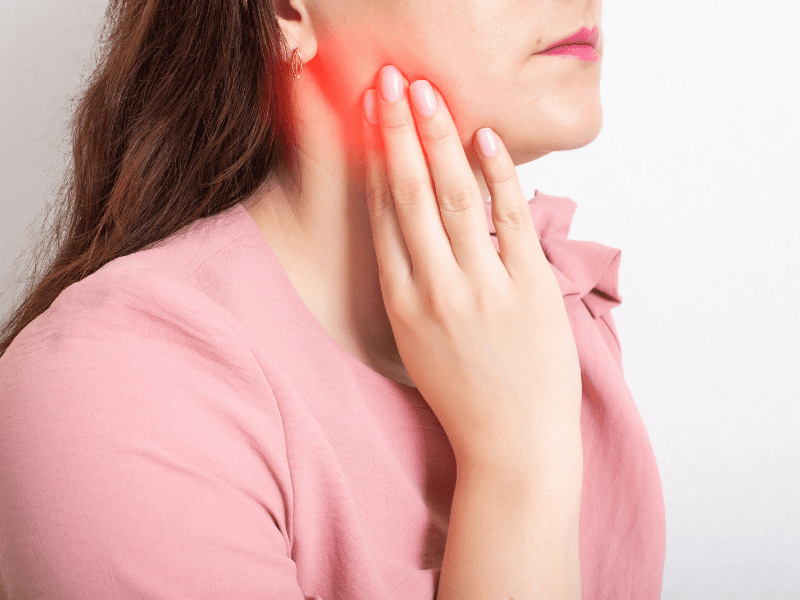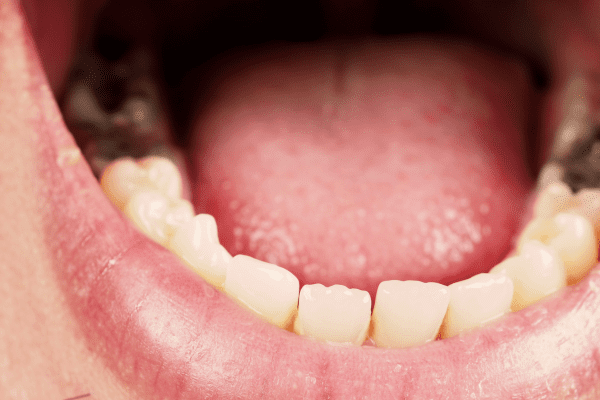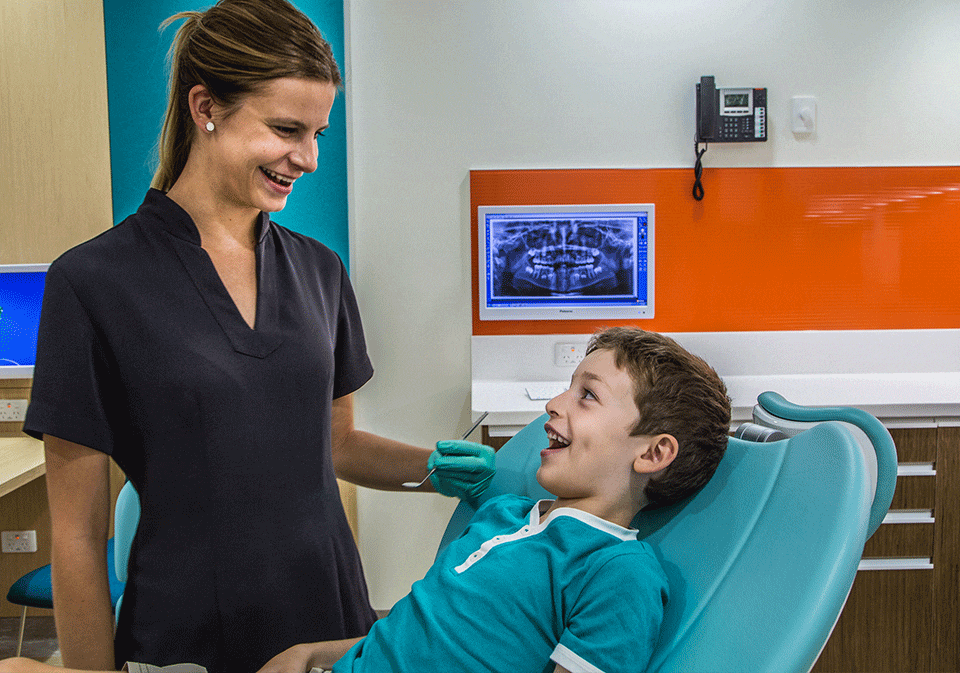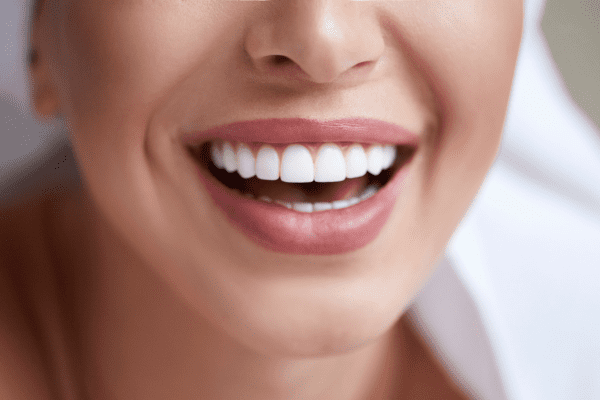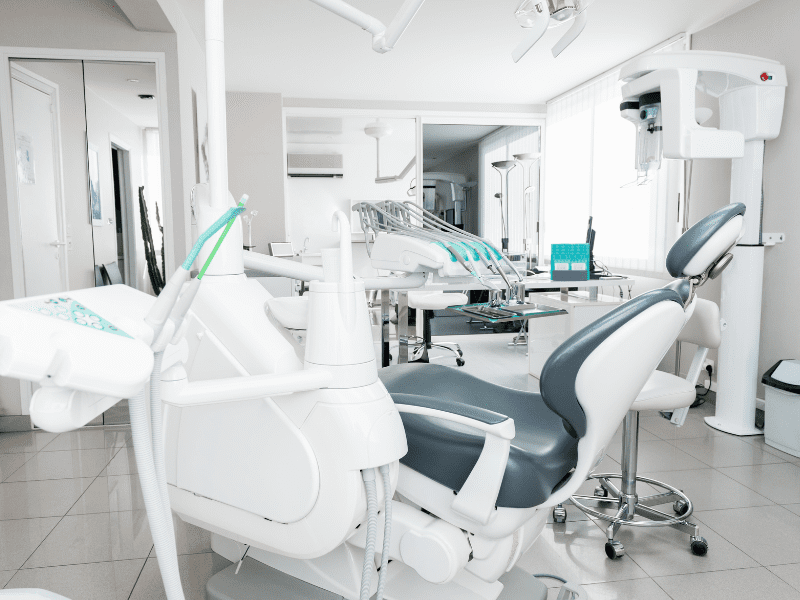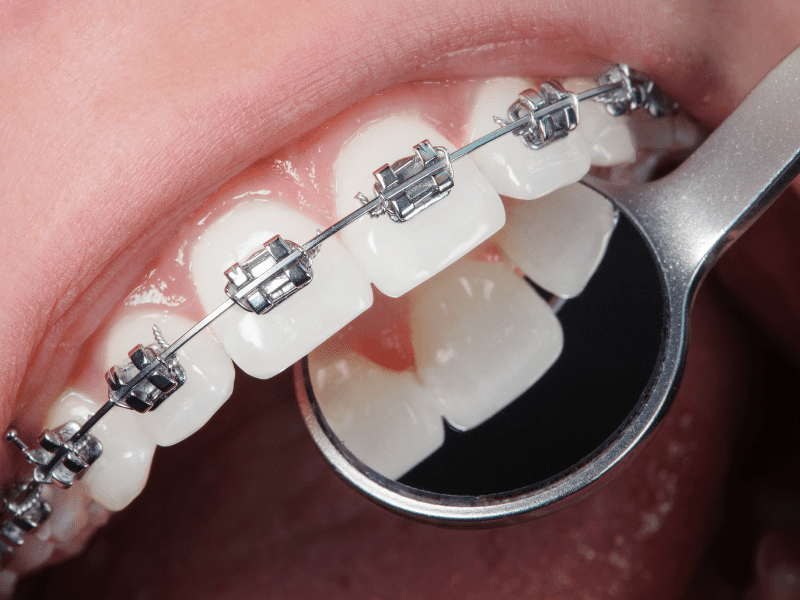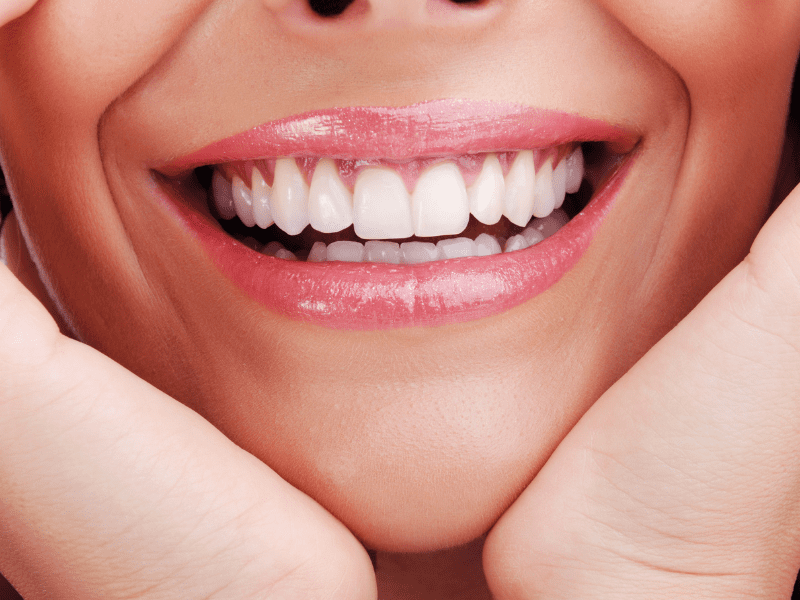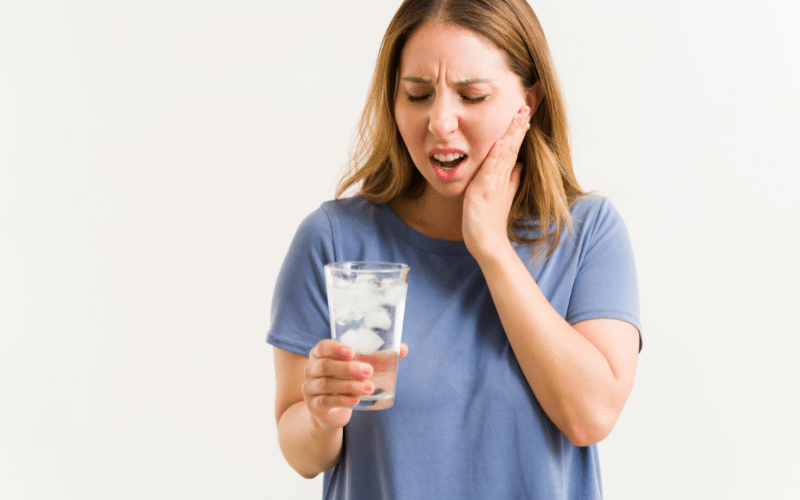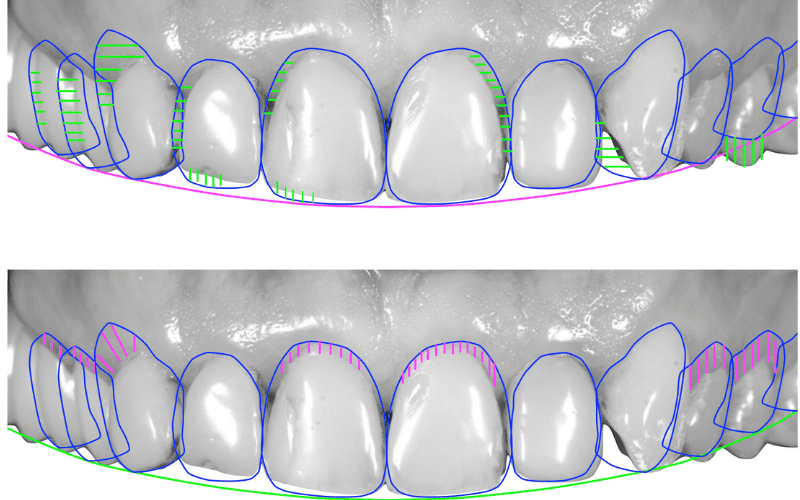Oral health is a vital aspect of overall wellness, especially for seniors. With the unique dental challenges that come with age, it’s important to have a comprehensive care plan. West Coast Dental Care, a leading dental clinic in Perth, understands these challenges and offers tailored services to meet the needs of seniors. From addressing dry mouth to managing the effects of medications, our team of experienced professionals ensures that every aspect of senior dental care is covered.
Understanding the unique dental challenges for seniors
As seniors age, they experience key oral health changes, including reduced saliva production and enamel weakening, leading to increased risks of tooth decay and gum disease. Medications and systemic diseases can further impact oral health. Challenges in maintaining oral hygiene, dietary changes, and wear of previous dental work also affect seniors’ oral health significantly. Below, we discuss some of the unique issues faced by seniors when it comes to dental care.
Physiological changes in oral health
The ageing process brings about several changes in the body, and oral health is no exception. One significant change is a reduction in saliva production, leading to a condition known as dry mouth or xerostomia. This condition can increase the risk of tooth decay and gum disease as saliva plays a crucial role in neutralising acids produced by bacteria in the mouth.
Additionally, years of dental wear and tear can result in weakened enamel, making teeth more vulnerable to decay, cracks, and sensitivity. This wear and tear can be exacerbated by past dental habits, such as teeth grinding or poor dental care earlier in life.
Prevalence of gum disease and recession
Gum disease, also known as periodontal disease, is a common issue among seniors. It often starts with plaque buildup along the gum line, leading to inflamed and bleeding gums. Over time, this can progress to more severe forms of gum disease, causing gum recession. This exposes tooth roots, making them more susceptible to decay and leading to increased sensitivity and pain.
Impact of medications on oral health
Many seniors across Australia are on multiple medications for various health conditions. Some of these medications have side effects that directly affect oral health. For instance, medications for high blood pressure, depression, and allergies can reduce saliva production, contributing to dry mouth. This, in turn, can increase the risk of dental decay and oral infections.
Sensitivity to oral health conditions due to systemic diseases
As individuals age, they are more likely to develop systemic health conditions like diabetes, heart disease, and osteoporosis. These conditions can have a direct impact on oral health. For instance, diabetes can increase the risk of gum disease, dry mouth, and fungal infections. Heart disease and its treatments can affect oral health, necessitating careful dental procedures to prevent complications like endocarditis.
Oral cancer risks
Seniors are at a higher risk for oral cancers. Factors such as a long history of tobacco use, alcohol consumption, and exposure to HPV can increase this risk. Regular screenings for oral cancer become an essential part of dental care for seniors, as early detection is crucial for successful treatment.
Challenges with oral hygiene maintenance
Dexterity issues due to arthritis or other mobility impairments can make routine oral hygiene practices challenging for seniors. Difficulty in handling toothbrushes and floss can lead to inadequate oral care, increasing the risk of dental problems. Electric toothbrushes and other adaptive oral hygiene tools can be beneficial in these cases.
Dietary influences on oral health
Changes in diet, often due to altered taste sensations, difficulty in chewing, or gastrointestinal issues, can impact oral health. Seniors might lean towards softer, more carbohydrate-rich diets, which can increase the risk of dental decay. Nutrition counselling becomes an important aspect of dental care for seniors.
Dry mouth beyond medication effects
While medications are a common cause of dry mouth in seniors, other factors can also contribute. These include certain medical treatments like radiation therapy for cancer, which can affect the salivary glands. Chronic dry mouth can lead to difficulties in speaking, chewing, and swallowing, as well as an increased risk of dental decay.
Wear and failure of previous dental work
Over the years, existing dental work such as fillings, crowns, and bridges can wear out or fail. The need for more frequent repairs or replacements of these restorations is a common issue faced by seniors. Additionally, changes in dental structure and bone loss can affect the fit and effectiveness of these restorations.
Aesthetic concerns
Aesthetic concerns, although not directly impacting physical health, can affect the psychological well-being and quality of life for seniors. Discolouration of teeth, changes in tooth alignment, and the presence of prosthetic devices like dentures can affect self-esteem and social interactions.
Addressing oral care needs for seniors
Addressing the varied dental challenges in seniors requires a comprehensive and personalised approach to oral care, aimed at maintaining their oral health and enhancing their overall quality of life.
Tailored dental check-ups and treatments
Regular dental check-ups are essential for seniors, but these visits should be more than just routine. Dental professionals need to tailor their approach to address the specific issues of each senior patient. This includes assessing for dry mouth, checking the condition of existing dental work, and monitoring for signs of gum disease and oral cancer. Treatments may need to be adjusted considering the patient’s overall health and medication regimen.
Specialised oral hygiene products
The market offers a range of oral hygiene products specifically designed for seniors. These products cater to the unique needs such as toothbrushes with softer bristles for sensitive gums, toothpaste formulated for dry mouth, and mouthwashes that are effective yet gentle on the ageing oral tissues. The use of these specialised products can significantly improve oral hygiene practices and comfort for seniors.
Managing medication impacts
For seniors experiencing dry mouth due to medications, it’s important to explore options with their healthcare providers. This might include adjusting medication dosages or switching to alternatives with fewer oral health side effects. In cases where medication changes are not possible, products such as saliva substitutes or oral moisturisers can be beneficial.
Addressing systemic health conditions
Given the link between systemic health and oral health, managing conditions like diabetes, heart disease, and osteoporosis is crucial. Regular communication between the senior’s dentist and their general physician can ensure a coordinated approach to their overall health, including the management of any oral health implications.
Oral cancer screening
Regular screenings for oral cancer are vital for early detection, especially for seniors at higher risk. These screenings are typically a part of routine dental check-ups and involve a thorough examination of the oral tissues, including the throat, tongue, and cheeks.
Adaptive tools for oral hygiene
To assist seniors with dexterity challenges, a range of adaptive oral hygiene tools is available. Electric toothbrushes, floss holders, and other aids can make it easier for seniors to maintain their oral hygiene independently.
Dietary counselling
Diet plays a significant role in oral health. For seniors, dietary counselling can help in choosing foods that are not only easy to chew and swallow but also beneficial for their dental health. Dieticians or dental professionals can provide guidance on nutritious diets that minimise the risk of dental decay and support overall health.
Managing dry mouth
Beyond medication-induced dry mouth, addressing other causes of this condition is important. This may involve strategies to stimulate saliva production, such as chewing sugar-free gum or staying hydrated. In more severe cases, artificial saliva products may be recommended.
Maintenance and replacement of dental work
Regular inspections of existing dental work such as fillings, crowns, and bridges are necessary to ensure their integrity and fit. Dental professionals should be vigilant in monitoring these restorations and proactive in recommending repairs or replacements as needed.
Addressing aesthetic concerns
While aesthetic concerns may not directly impact physical health, they are important for the psychological well-being of seniors. Solutions like teeth whitening, orthodontics, or cosmetic restorations can help address issues such as tooth discolouration and misalignment, thereby enhancing the senior’s self-esteem and social comfort.
Conclusion
Seniors face various challenges with oral health, such as physiological changes leading to conditions like dry mouth, the prevalence of gum disease, and the impact of medications and systemic diseases on oral health. At West Coast Dental Care, we can’t stress enough the importance of regular dental check-ups, the use of specialised oral hygiene products, and strategies to manage these challenges. Our commitment to addressing these issues through comprehensive care ensures seniors can enjoy optimal oral health and quality of life.
At West Coast Dental Care, we pride ourselves on providing comprehensive care that meets the unique needs of our senior patients. From regular check-ups and specialised products to managing systemic health conditions, our team is dedicated to ensuring that seniors maintain optimal oral health. Contact us today to learn more about our services and how we can help you or your loved ones achieve the best in dental health.


